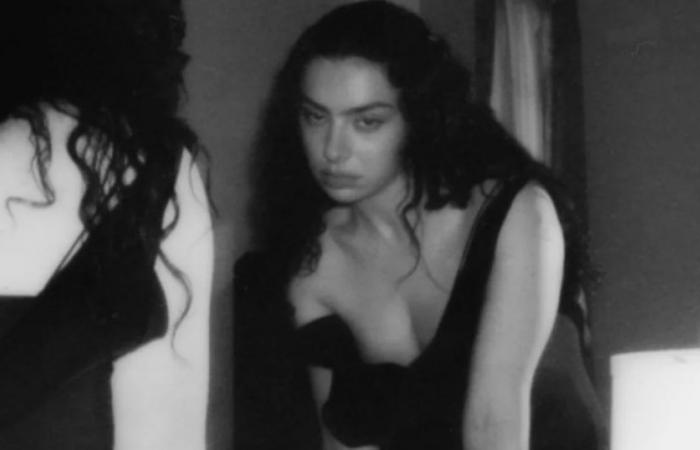
In a musical panorama dominated by hostile and prolonged rivalries, this week has brought a significant novelty: an unprecedented armistice. On his new album brat, Charli XCX reveals her insecurities, nihilistic feelings, and humanity with stark candor. In particular, the song Girl, So Confusing addresses her differences with another pop star, describing comments that they both have the same hairstyle and the implied competition between them. “People say we’re the same / They say we have the same hair,” Charli sings over twangy bass. “I can’t tell if you want to see me / Falling and failing.”
Initially, this song seemed to follow the line of other well-known disputes in pop, such as those between Olivia Rodrigo and Sabrina Carpentereither Kendrick Lamar and drake. Charli avoided revealing who she was referring to in interviews, fueling speculation. However, the difference was her honesty about his feelings of competition and rivalry, rather than simply ranting against her counterpart. And now we know that the suspicions were entirely founded.
The unexpected twist came when internet sleuths began to suspect that the other star mentioned in the song was Lorde. Charli confirmed this assumption by releasing a new version of the song, titled The Girl, So Confusing Version With Lorde, where both singers exchange verses with shocking emotional candor. Lorde, for his part, adds an extensive verse where he confesses his own insecurities and his surprise at discovering Charli’s feelings, singing: “I’ve been at war with my body / I tried to starve myself to be thinner”, and adds: “I was trapped in hate / And your life seemed so impressive.”
This collaboration marks a contrast with previous confrontations in pop, such as the famous conflict between Britney Spears and Christina Aguilera. In the late 1990s and early 2000s, tabloids fostered comparisons and rivalries between the two pop stars, exacerbated by rumors and negative comments in the media. Fans were divided into teams, comparing every aspect of their careers, from record sales to their live performances.
This pattern has been repeated in rivalries such as that of Janet Jackson and Madonna, Mariah Carey and Jennifer Lopez, Miley Cyrus and Nicki Minajand Taylor Swift with Katy Perry. These conflicts have been taken advantage of by artists and the media to attract the public’s attention, becoming an integral part of the pop spectacle. However, the reconciliation between Charli XCX and Lorde is distinguished by its authenticity and openness. By turning their conflict resolution into a song, both artists regain control of the narrative, preventing it from being easily misinterpreted or manipulated by the media. Instead of perpetuating the cycle of gossip and disputes, they offer the public an honest view of their emotions and their efforts to reconcile.
This collaboration also highlights the additional pressures women face in the music industry, including expectations of conformity to ideals of beauty and success. Rivalries between female artists are often the result of an environment that limits the number of female stars that can coexist at the same time. The impact of this reconciliation is significant not only because of its rarity, but because it offers a different model of interaction in pop. By approaching it with transparency and honesty, Charli XCX and Lorde demonstrate that it is possible to transcend old competitive dynamics and create something genuinely artistic and revealing. This conflict resolution, although small, is a powerful example of how music can be a catalyst for positive change, both in the industry and for fans themselves.





